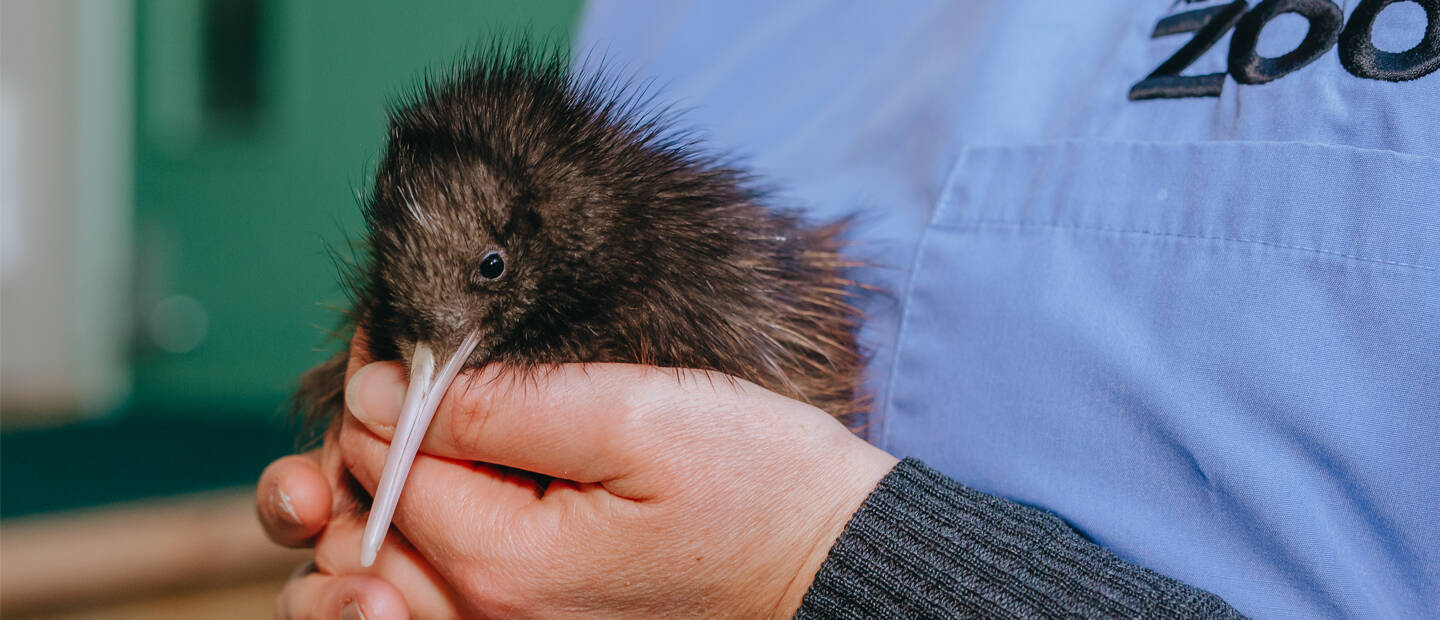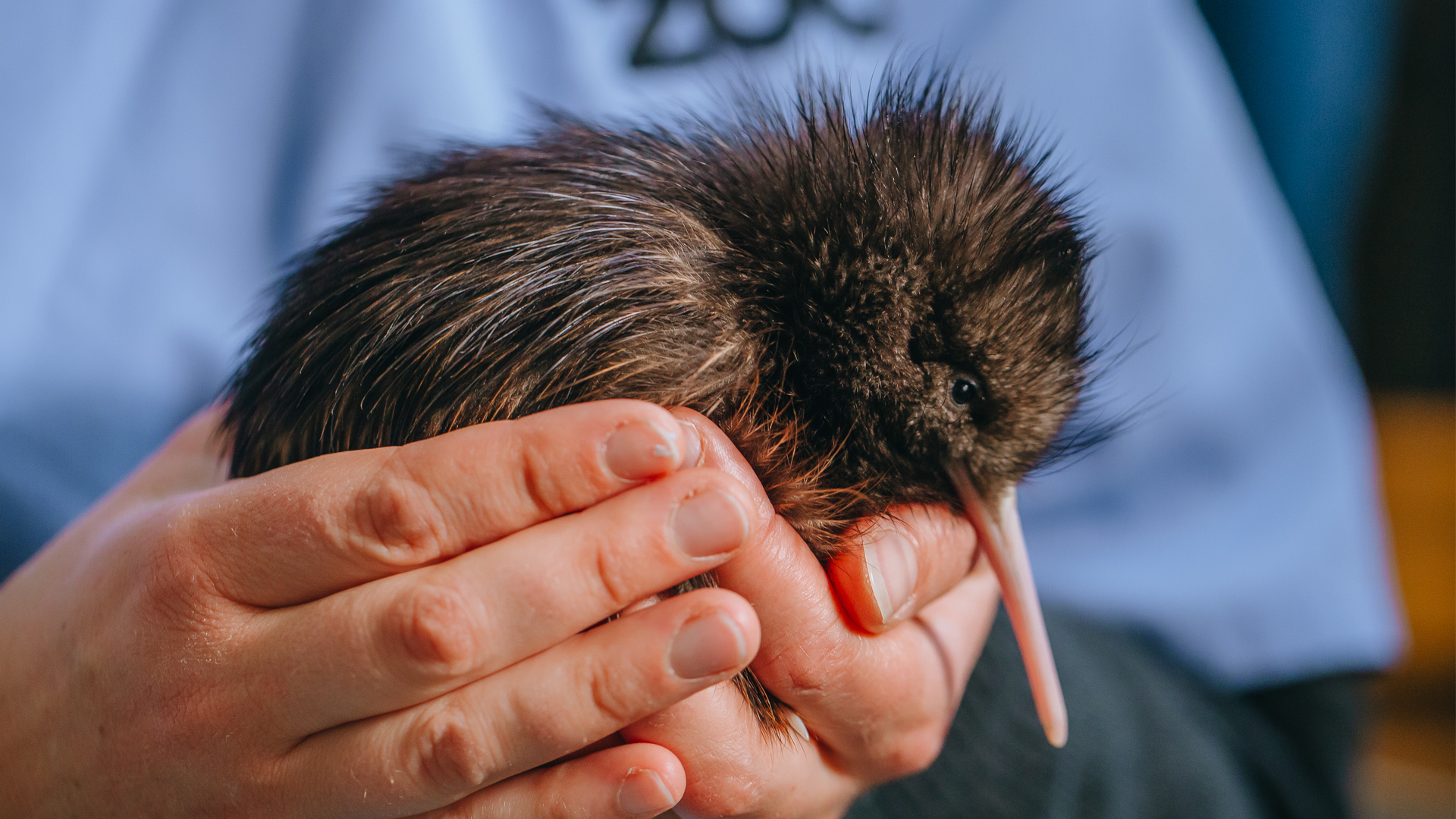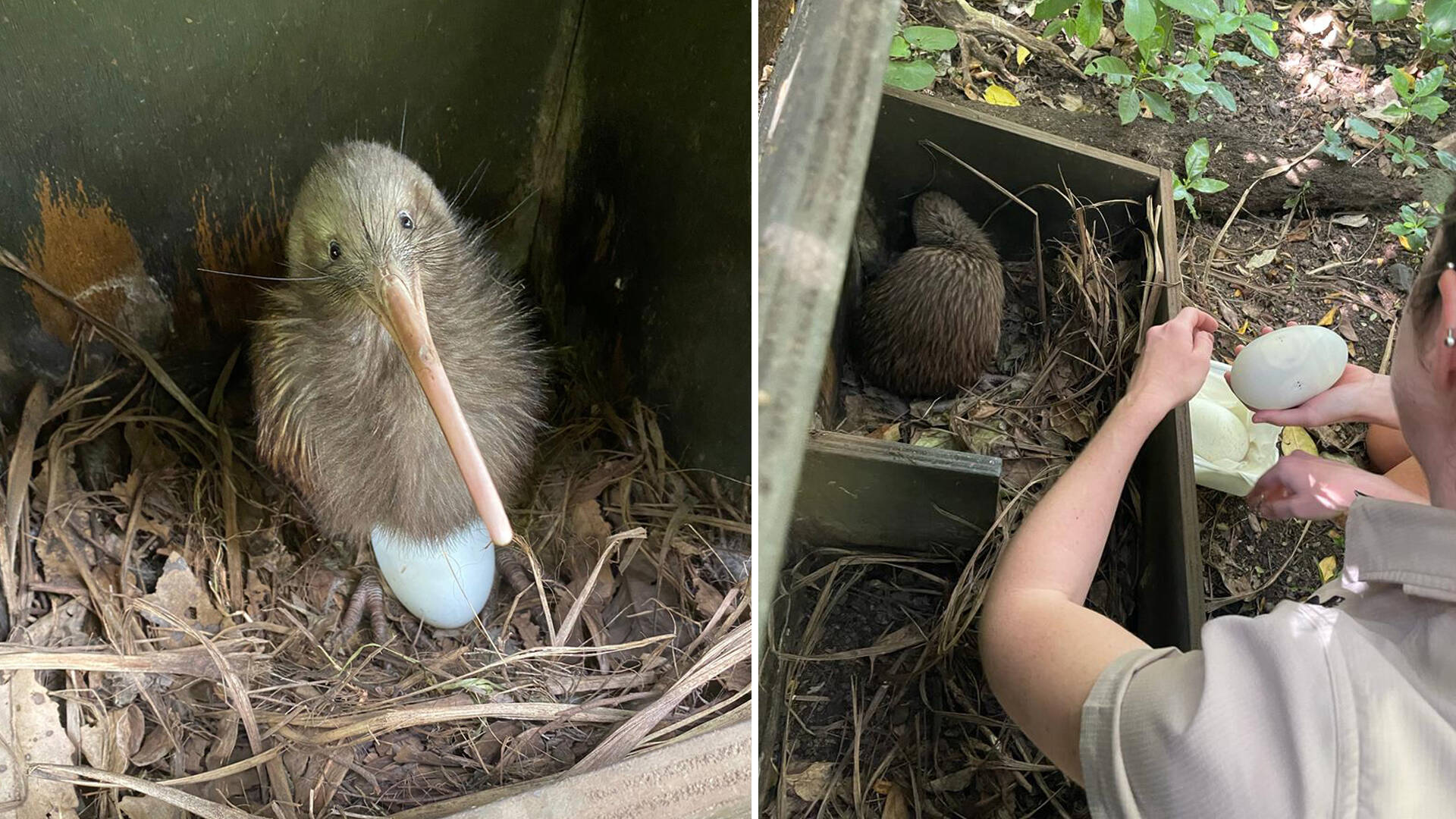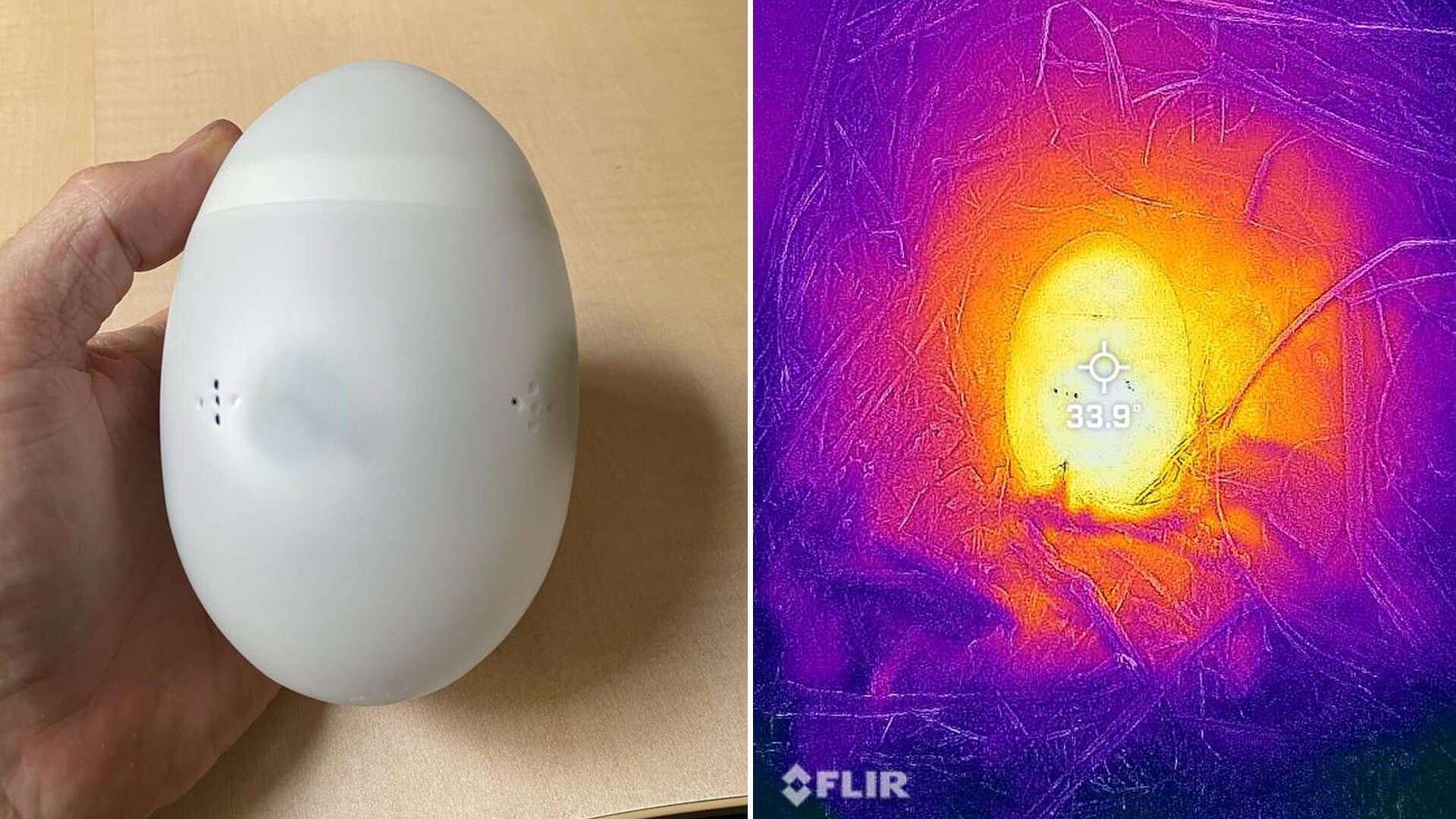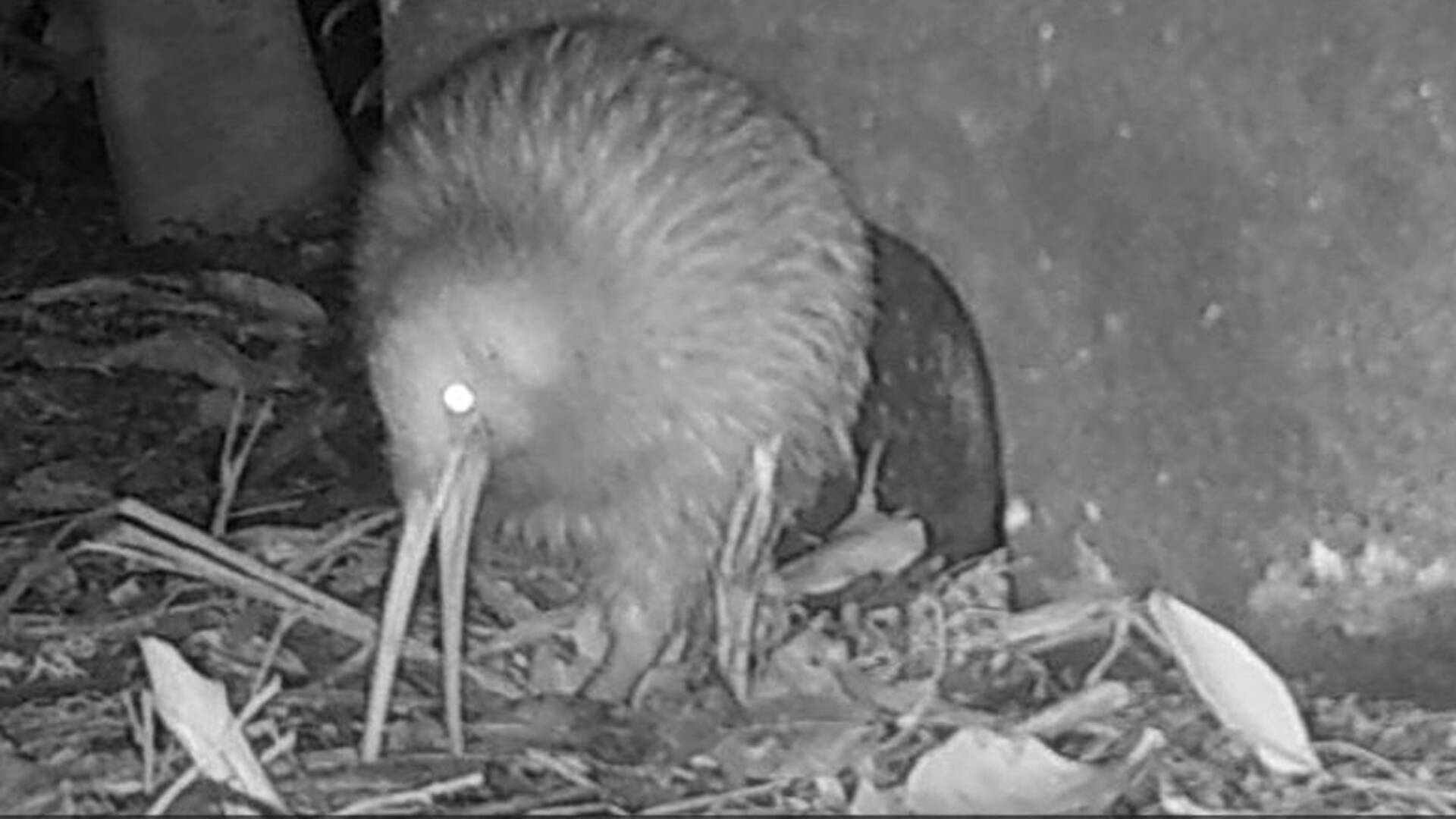How can science and research improve outcomes for Aotearoa New Zealand’s most iconic national bird – the kiwi?
This is a question that the Zoo’s curator of birds Dr. Juan Cornejo is seeking to answer, with a new scientific study into the incubation parameters of kiwi eggs.
In 1995 the Operation Nest Egg (ONE) programme was established, a conservation partnership between the Department of Conservation, Save the Kiwi, kiwi rearing facilities, community conservation groups and mana whenua. In the nearly-three decades since, this programme has proved to be an essential tool for increasing kiwi populations and protecting vulnerable newly hatched chicks from introduced predators like stoats.
Deep in the New Zealand forest, North Island brown kiwi males will sit in a burrow and incubate their eggs for roughly 75-80 days – a huge undertaking and one of the longest incubation periods in birds. In the areas where ONE operates, kiwi eggs are usually collected when the first egg laid (of a two-egg clutch) is at least 40-55 days old and are brought back to specialist organisations like Auckland Zoo for artificial incubation and rearing. Once they reach the right weight, these kiwi chicks are released onto predator free islands until they are large enough to defend themselves from introduced predators, and can be returned back to their original forest homes. Without this conservation intervention, just 5% of kiwi would reach breeding age in the wild - a humbling statistic! Thankfully, through the ONE programme an incredible 65% of kiwi go on to reach adulthood.


